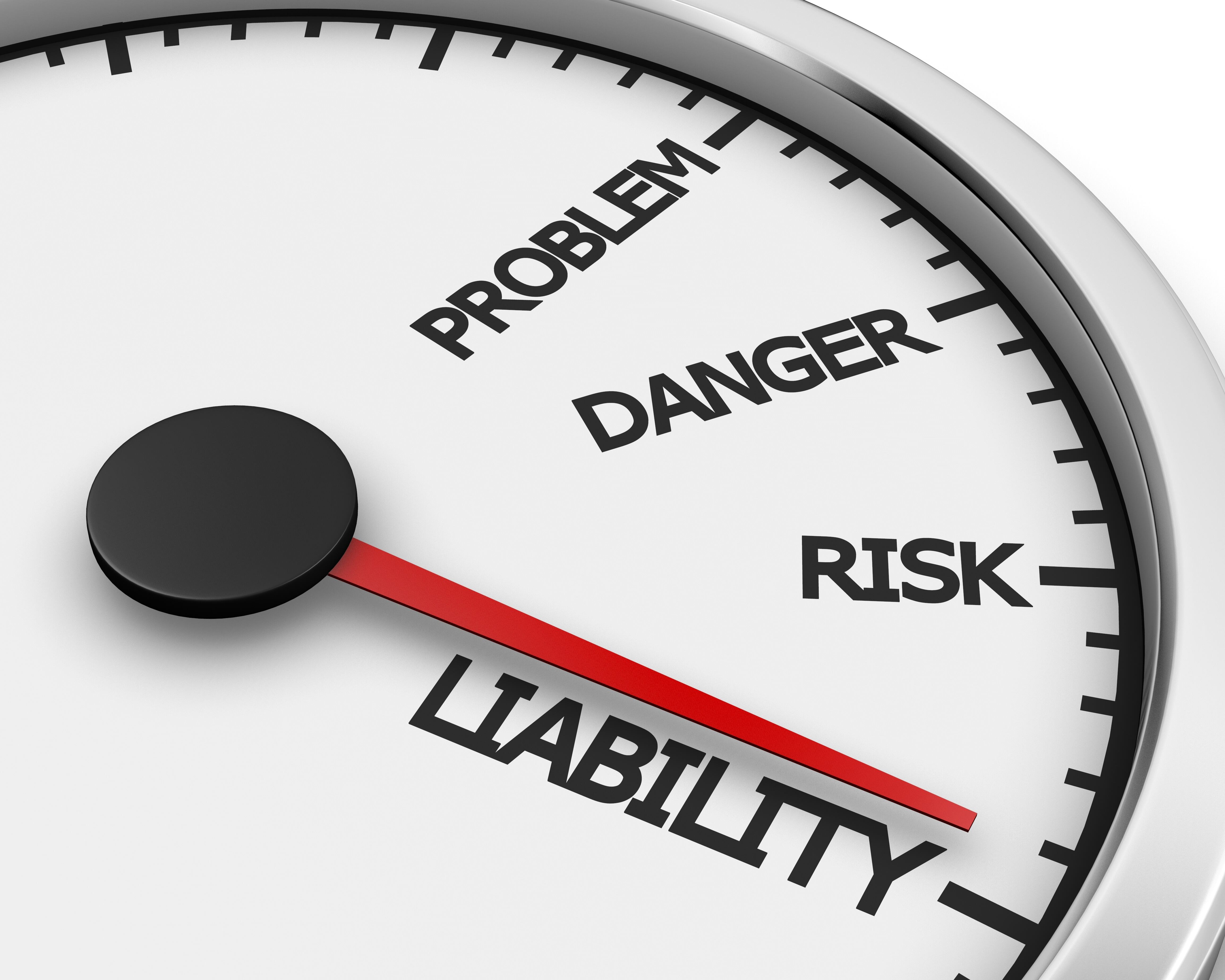Food-related lawsuits are exploding. Back in 2008, there were only 19 class-action cases against food companies. By 2021, that number had skyrocketed to 325.
Some of these cases raise valid concerns about misleading marketing and unfair competition. Others? More like a payday for lawyers looking to cash in on the next big settlement. Regardless, companies are feeling the heat, and settlements aren’t cheap.
In the hot seat

One of the biggest lawsuits to hit the bakery and snacks sectors in recent years is the case against Lindt & Sprüngli. The Swiss chocolate giant has been sued over claims its chocolate products contained high levels of lead and cadmium, harmful heavy metals linked to health risks.
The lawsuit – filed in 2023 – alleges that Lindt failed to disclose the presence of these contaminants, misleading consumers into thinking they were purchasing a safe and high-quality product. The case is ongoing, but it has already sparked wider conversations about food safety in the confectionery industry.
A monster lawsuit filed in December 2024 is taking aim at 11 of the world’s biggest food companies – including Mondelez, PepsiCo, Kellanova, Kraft Heinz, and Mars – accusing them of designing ultra-processed foods to be addictive. Sound familiar? That’s because it’s eerily similar to the legal strategy used against Big Tobacco. If the plaintiffs can prove that food giants knowingly manipulated ingredients to keep consumers hooked, this could be one of the biggest lawsuits the industry has ever faced.
The case argues these companies have systematically engineered foods to trigger cravings, leading to overconsumption and diet-related illnesses such as obesity and diabetes. If successful, the lawsuit could set a precedent for stricter food regulations, similar to how tobacco advertising and sales were restricted following decades of litigation.
In August 2024, another class action lawsuit challenged the Oreo maker’s Cocoa Life sustainability programme. The suit contends products bearing Mondelez’s ‘Cocoa Life’ logo – which claims ‘100% sustainably sourced cocoa’ - are misleading consumers. The allegations point to ongoing issues of child labour and environmental degradation in West African cocoa farms supplying Mondelez. The plaintiffs argue these practices contradict the company’s sustainability assurances, leading consumers to believe they are purchasing ethically sourced products when they are not. The lawsuit remains active in the legal system.
Meanwhile, in the US, PepsiCo Frito-Lay is facing a lawsuit from small convenience store owners, Alqosh Enterprises and NMRM, who claim the snack giant plays favourites, giving deep discounts to big retailers like Walmart while charging mom-and-pop stores more. The case, filed in California in late 2024, could shake up snack pricing nationwide if the plaintiffs win. This follows an ongoing Federal Trade Commission investigation into whether PepsiCo’s pricing strategies violate antitrust laws.
Settling for change

On 19 February, the Wheat Thins maker, Mondelez, shelled out $10m to settle allegations it misled customers with its ‘100% Whole Grain’ branding. Turns out, the crackers also contained corn starch – a refined grain. Consumers who felt duped argued they wouldn’t have bought the product or at least would have paid less had they known the full story. Mondelez denied any wrongdoing but agreed to tweak its labelling. Classic corporate move – settle the lawsuit, change the label and move on.
Clif Bar too, settled a $12m lawsuit in 2023 after claims its bars contained significantly more sugar than its ‘healthy’ branding suggested. The suit – brought forward by consumers – argued Clif had misleadingly marketed its products as nutritious despite their high sugar content.
On a rivalry issue, Frito-Lay has been slapped with a $36m fine in Turkey in early 2024 for allegedly strong-arming retailers into keeping rival snack brands off their shelves. Regulators ordered the snack giant to start sharing display space with competitors – a major blow for a company used to dominating store layouts.
These legal proceedings underscore the increasing scrutiny food industry giants face regarding product labelling and ethical sourcing claims. Companies are being held accountable to ensure their marketing practices align with their operational realities, reflecting a broader demand for transparency and corporate responsibility in the food sector.
Getting ‘Simply’ dismissed
Not all lawsuits stick. A judge recently threw out a case against Quaker Oats, where plaintiffs claimed the ‘Simply Granola’ branding misled them into thinking the cereal was just oats, honey, raisins and almonds. Turns out, it also contained added sugars and vegetable oils. The judge ruled the complaint was “unreasonable and fanciful”, sending a message that not every food lawsuit is a slam dunk.
Another lawsuit that didn’t make it far was the case against Hershey’s, where plaintiffs argued the packaging on Reese’s Peanut Butter Cups was misleading. The suit alleged the design of the packaging made the product appear larger than it actually was. However, the case was dismissed in early 2024, with the court ruling that “reasonable consumers” wouldn’t be misled by standard packaging practices.
How to avoid getting sued

So how do bakery and snack companies steer clear of the courtroom?
First off, stop with the sketchy marketing. Labels should be crystal clear – no more ‘100% whole grain’ if there’s refined grain lurking in the mix. Same with any other 100% claims – make sure they can stand up to scrutiny. The rise in lawsuits shows that consumers are more aware than ever and misleading claims no longer fly under the radar. Packaging should accurately reflect ingredients, nutritional content and product characteristics to avoid deceptive advertising allegations.
Second, play fair with pricing. If you’re giving massive discounts to the big guys while squeezing small retailers, expect a lawsuit. Companies should ensure their pricing strategies comply with antitrust laws and avoid practices that could be interpreted as unfair competition. Exclusive deals with major retailers may seem like smart business moves, but they could backfire if small retailers challenge them in court.
Third, keep an eye on food addiction claims. If regulators start treating snacks like cigarettes, the whole industry could be in trouble. The ultra-processed food lawsuit serves as a warning that the legal system is shifting toward holding food companies accountable for the health impact of their products. Reformulating products to reduce addictive elements like excessive sugar and salt may help brands stay ahead of potential legal action.
Finally, transparency is key. Companies that are open about their sourcing, production methods and product contents will have a better shot at avoiding legal trouble. Establishing a proactive compliance team, conducting internal audits and staying updated on evolving food regulations can help brands anticipate risks before they turn into lawsuits.
Ultimately, producers need to adopt a proactive approach to risk management. The wave of lawsuits shows no signs of slowing and food producers that ignore these warning signs do so at their peril. For businesses that fail to adapt, the courtroom could become an expensive second home.

